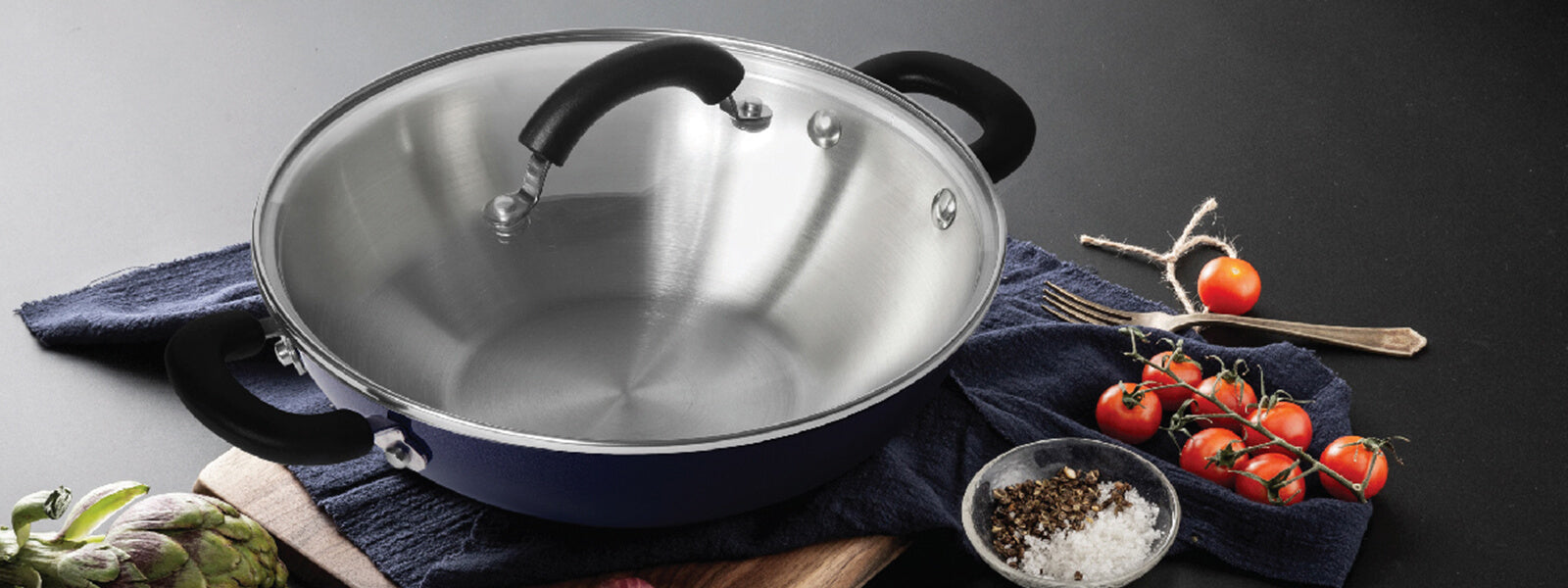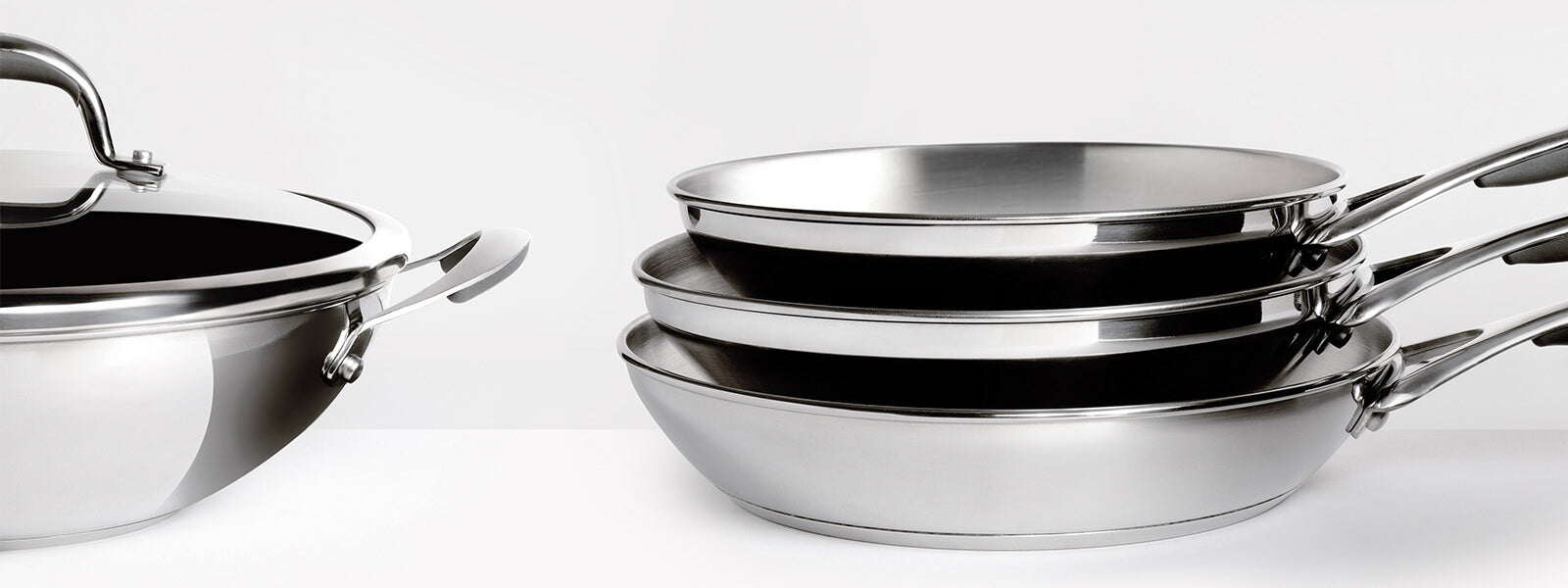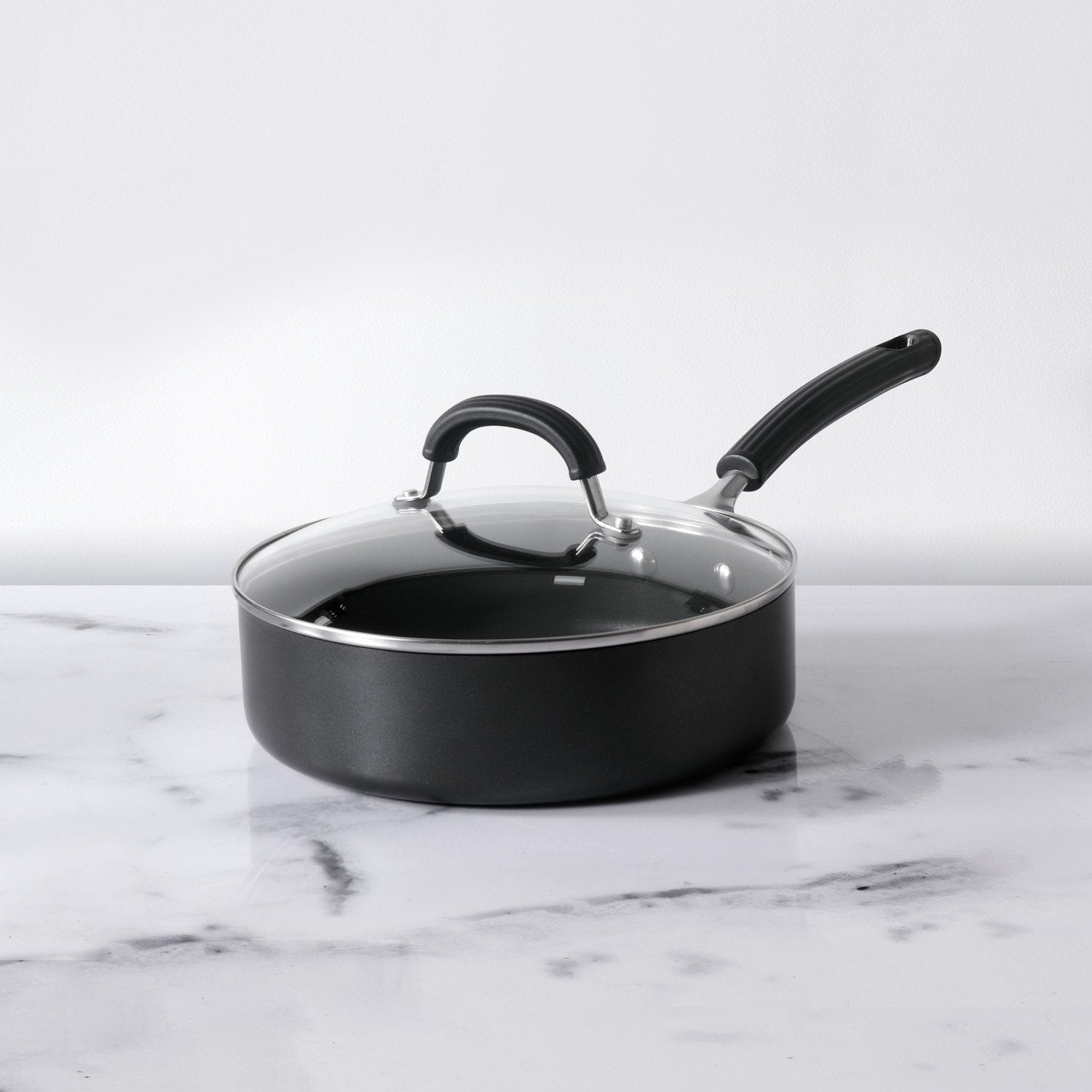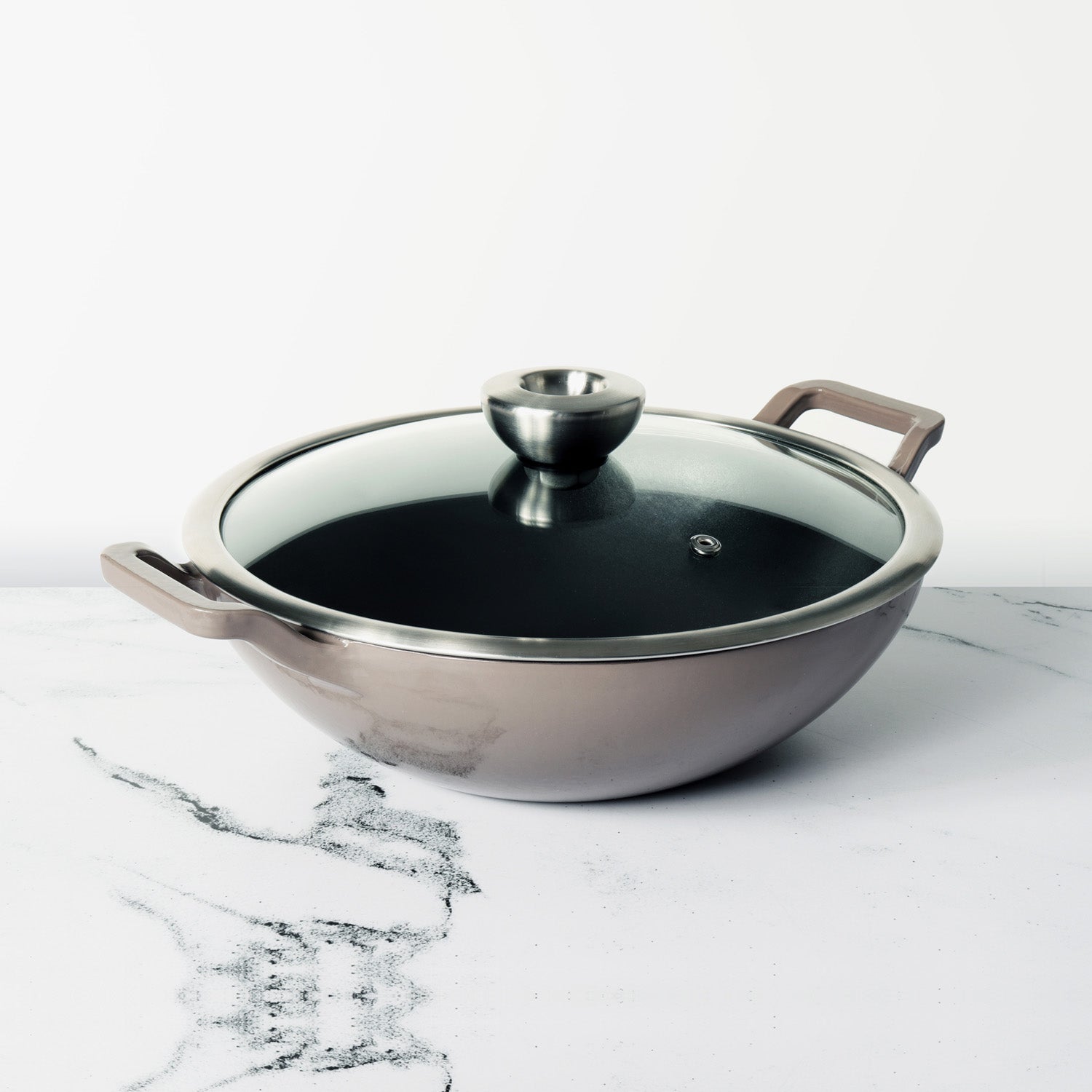White pepper, also known as safed mirch, is frequently used in foods that require a peppery flavour but don't want any black flecks, including white sauces and potato recipes. Ground white pepper is used in Chinese cooking to flavour soups, marinades for meat and poultry, and hotter stir-fries. Compared to Sichuan peppercorns or black pepper, it is distinct.
Table of Contents
About White Pepper:
Both black pepper and white pepper are spices made from the dried fruit of the Piper nigrum pepper plant. White pepper often has a milder flavour than black pepper and a simpler flavour. There are whole and ground white pepper options. White pepper is frequently used in recipes when you want a little spicy taste to counterbalance other notes and spices. They not only provide you wonderful flavour but also a number of health advantages.
White pepper is typically used for aesthetic reasons; for instance, a cook wouldn't want black flakes to float in a white sauce. Additionally, it is claimed to have a softer flavour and aroma.
How is white pepper made?
Black pepper, which is the dried fruit of the woody, climbing plant Piper nigrum, is the ancestor of white pepper. The peppercorn ripens while it is growing on the vine, changing from green to yellow to red. The peppercorns are harvested and dried to create black pepper. The peppercorns are kept on the plant a little bit longer to produce white pepper, which keeps their lighter colour during the drying process.
Fully mature pepperberries are used to make white pepper. For around 10 days, they are submerged in water, which causes fermentation. Then, the skins are peeled, removing some of the volatile oils and substances that give black pepper its fragrance as well as some of the fiery piperine ingredients. White pepper has a distinct flavour and level of spice than black pepper as a result. The handling and processing of white pepper can also provide new taste nuances.
White Pepper Vs Black Pepper
White pepper and black pepper are made from the same plant's berries, but the differences between them begin when the berries are plucked. Although both black and white pepper kernels have a wealth of nutritional value and several health and wellness advantages, the following are the main distinctions between the two:
- While black pepper has more anti-inflammatory qualities, white pepper is richer in antioxidants and includes a substantial amount of fibre, manganese, and iron.
- Due to the compounds that are eliminated when the top layer of white pepper is peeled off, it has less odour than black pepper, which is spicy and very acidic.
- White pepper is used for foods that just need a tiny bit of flavour, whereas black pepper is used for recipes that call for additional tang. Because of this, white pepper is added after the food has been entirely prepared whereas black pepper is added throughout the cooking process.
- Due to its subtle flowery and fruity undertones, white pepper effectively freshens breath, but black pepper is more zingy and pungent.
- Due to its strong flavour, black pepper helps with digestion and speeds up metabolism. In addition to preventing heart and liver problems, it is also renowned for lowering the risk of cancer. White pepper, on the other hand, stimulates the appetite and alleviates persistent constipation.
Whole Vs Ground Pepper:
Many recipes call for using freshly ground pepper because whole peppercorns maintain their taste for a longer period of time. White peppercorns operate in the same manner. Freshly grind it before using for the best flavour. Although it is widely available, ground white pepper will gradually lose its effectiveness. White pepper ages more quickly than black pepper, so make sure to replace your stock frequently.
What does white pepper taste like?
White pepper has a spicy flavour on the tongue, however sources disagree on whether it is hotter or milder than black pepper. Cook's Illustrated claims that it is milder, but other sources claim that it has a harsher bite. White pepper has a less complex flavour than black pepper, according to sources. Its flavour, which can change depending on the type of processing employed and management following manufacture, might be musty, earthy, or grassy. Try a different white pepper supplier if you don't like those notes. People could connect white pepper with such flavour characteristics since it is frequently used in Asian cuisine.
Cooking with white pepper:
After the food has finished cooking, white pepper should be added since overcooking might create a bitter flavour. In Asian cuisine, it is preferred to black pepper due to the difference in heat and flavour. It is used in creamed soups, vichyssoise, mashed or whipped potatoes, and so on because of its look.
How to store white pepper?
Keep white pepper in a dark, tightly-sealed container. Compared to powdered white pepper, which starts to lose its flavour and power after roughly three months, peppercorns will keep longer. Although it won't go bad and is safe to use, you might need extra to give your food the same flavour. Because of this, it's advisable to get ground white pepper in smaller quantities that you'll use quickly.
Health benefits of white pepper:
Alleviation from muscle pain
Capsaicin, a fiery compound found in white pepper, causes heat. White pepper is a common component in pain-relieving gels and sprays as a result. Capsaicin produces the heat, which lessens the pain when you massage the hurting region with white pepper essential oil mixed in another carrier oil or use pain-relieving gels or sprays to the area.
Arthritis
White pepper is regarded as a superfood with health benefits. It contains piperine, a substance with anti-inflammatory and anti-nociceptive properties. Gout attacks and arthritic pain are lessened with piperine. White pepper is therefore the best spice for elderly people who have joint and spinal discomfort as well as cramping.
Loss of weight
Thanks to capsaicin, black or white pepper can efficiently decrease weight. Capsaicin is used to treat and prevent obesity for this reason. White pepper contains capsaicin, which has important health benefits by promoting fat burning and weight loss. You may hasten your weight reduction by adding a few pinches of white pepper powder to your diet beverages and salads.
Cancer
White pepper may also help prevent cancer, according to studies from the American Association of Cancer Research and the University of Nottingham. White pepper's capsaicin is particularly helpful in eliminating malignant cells that cause prostate cancer. However, there is need for more investigation into this issue.
Headache
White pepper is useful for treating headaches, according to a research. Once more, the chemical in capsaicin saves the day. When neuropeptide substance P transmits the pain to the brain, headaches result. Blood vessels are relaxed and this transmission is stopped by capsaicin. It improves blood flow to the brain, which lessens headaches.
Cough
This is a well-known advantage of white pepper for health. White pepper, a spice that produces heat, can also be used to cure cough and sore throat. A frequent wintertime issue is coughing. You can also obtain relief from a cough, sore throat, and lung congestion by ingesting a teaspoon of white pepper powder together with an equal amount of raw, natural honey.
Nasal clogging
White pepper's ability to produce heat can also be advantageous to your health, allowing you to breathe easily by relieving nasal congestion and clearing your nasal passages. Additionally, white pepper has antimicrobial qualities. As a result, it can aid in the battle against sinus infections.
Digestion
By boosting the production of gastric acid, which is a vital acid present in our stomachs and aids in the digestion of food, white pepper also has health advantages for controlling the digestive system. White pepper powder also has a lot of fibre in it. The intestine's muscular action is aided by fibre. White pepper benefits a better digestive system as a result.
Flatulence
Stomach gas, often known as flatulence, is a frequent issue linked to poor digestion. Piperine, a substance in white pepper, lessens gas and soothes stomach discomfort brought on by flatulence. Additionally, piperine boosts hydrochloric acid, which controls digestion and guarantees the intestines' smooth operation.
Controls blood pressure
A good source of flavonoids, vitamin C, and vitamin A is white pepper. These vitamins and minerals aid in controlling blood pressure. Additionally, it controls blood flow, so if you struggle with high blood pressure, white pepper should be a part of your diet.












Leave a comment